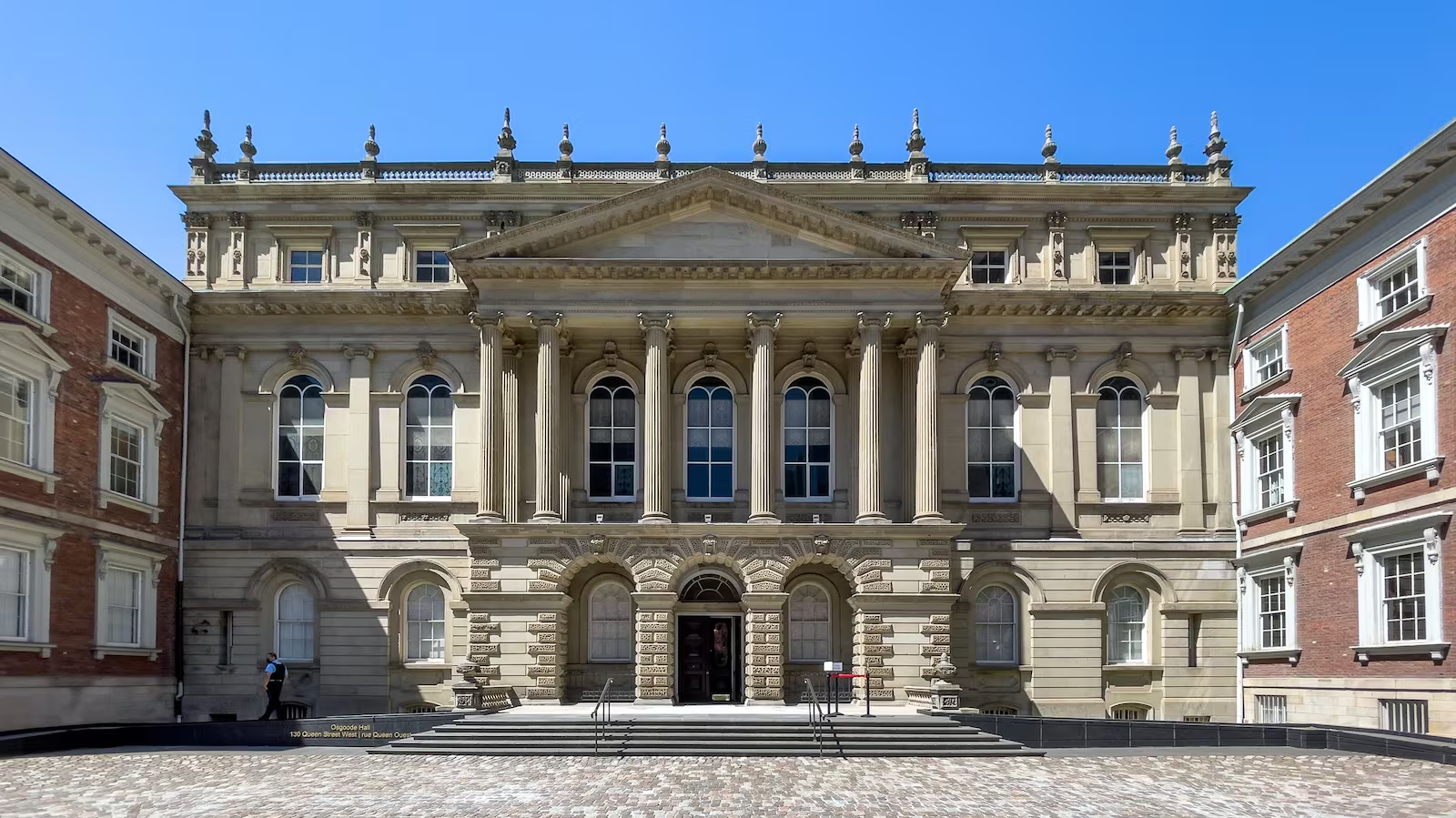A Canadian man who stashed more than a million dollars in heating vents, garage compartments and a buried plastic tub has lost his 16-year fight to get the money back, after Ontario’s top court ruled the cash should remain in government hands.
The case dates back to December 1, 2009, when police arrived at Marcel Breton’s rural property near Thunder Bay looking for an illegal handgun. What they found instead was a fortune hidden in extraordinary places: $15,000 stuffed into floor heating ducts, $32,000 scattered through the garage, and over $1.2 million sealed in a rubber container buried beneath the garage floor. Officers also discovered cocaine, marijuana and ecstasy — a discovery so unusual that police said they were “flabbergasted.”
Breton was charged with drug-related offences and possession of proceeds of crime. Although he was initially convicted, a retrial found the police search was unlawful, and he was acquitted. But the court was still left to decide what to do with the enormous stash of cash.
This week, the Ontario Court of Appeal upheld a 2023 ruling ordering that nearly all the money be forfeited to the government. Justice Bruce Fitzpatrick, who presided over the original forfeiture decision, argued there was nothing normal or legitimate about an average person hiding massive amounts of cash in secret containers around their home. He also noted that most of the bills were $20s — the denomination most commonly linked to street-level drug transactions.
Breton had not reported any income to the Canada Revenue Agency between 2001 and 2008, and the court found his explanations — that the money came from lottery winnings, casino success or his vehicle repair business — implausible.
Legal scholars say the case highlights a grey area in Canadian law. University of Calgary law professor Sanaa Ahmed described the ruling as an example of “legalistic hair-splitting,” noting courts often find ways to justify confiscation even when the accused is acquitted on other grounds. Society, she warned, has grown “increasingly comfortable with breaking some rules to catch the so-called ‘bad guys.’”
Others see the case differently. University of Manitoba law professor Michelle Gallant said the burden was on Breton to prove the money had a lawful origin — something she argued he failed to do. “Cash is the currency of illegal drugs,” she said. “What legitimate source might underlie dollars stuffed in a barrel and buried?”
Still, Breton did not emerge empty-handed. The appeals court upheld Fitzpatrick’s earlier decision allowing him to keep the $15,000 hidden in the heating vents, while the remaining funds — more than $1.2 million — will remain with the government.

